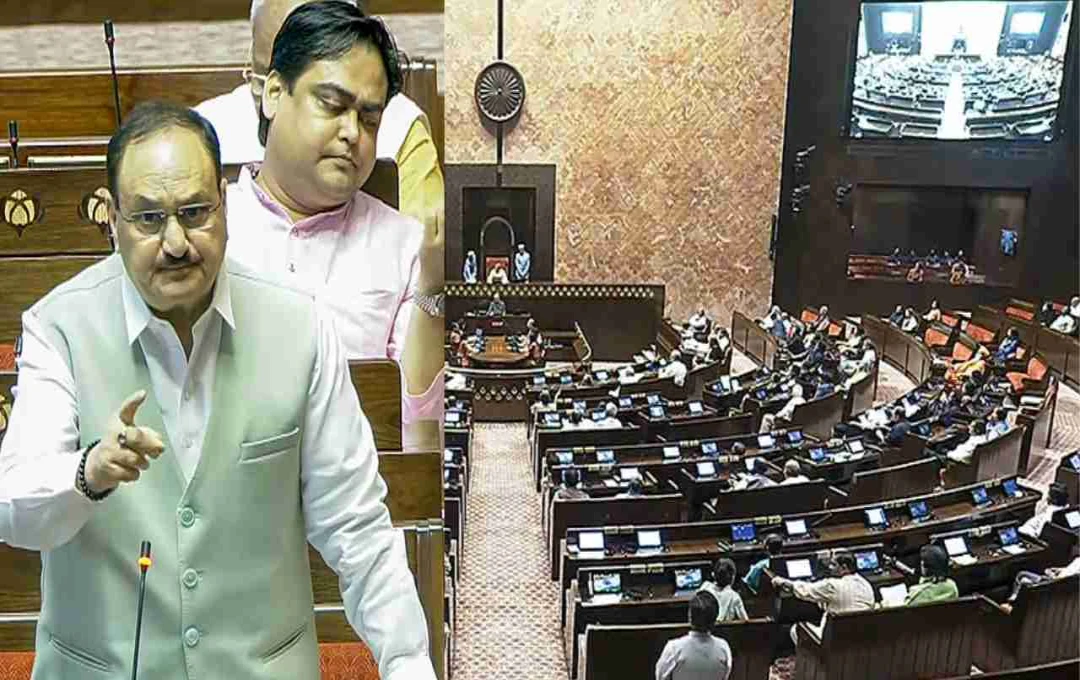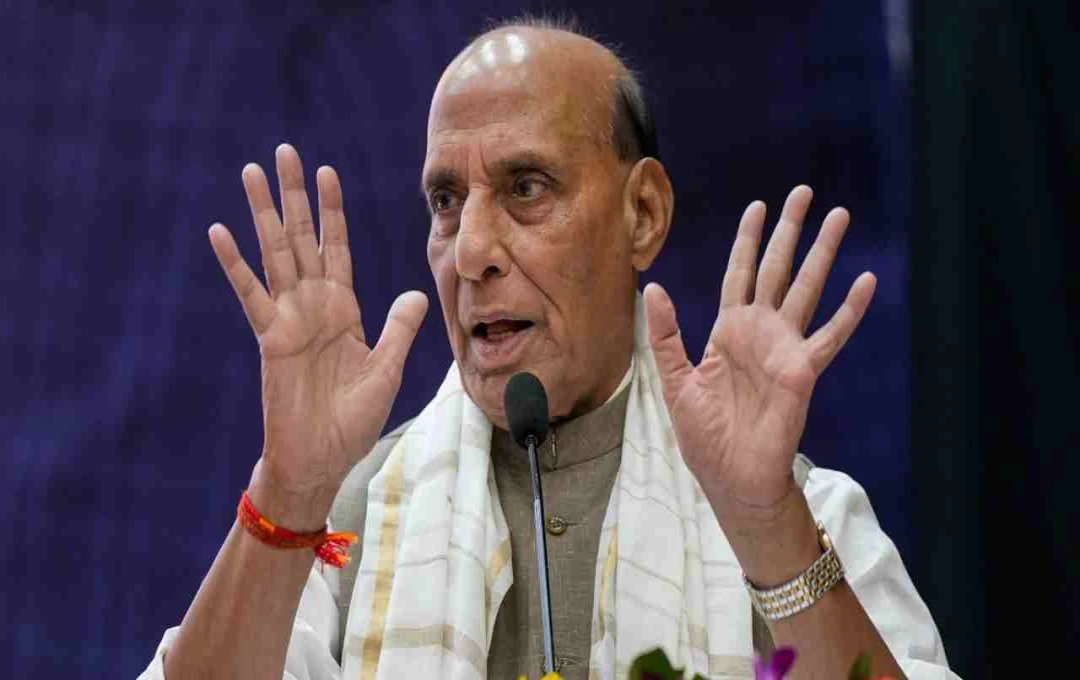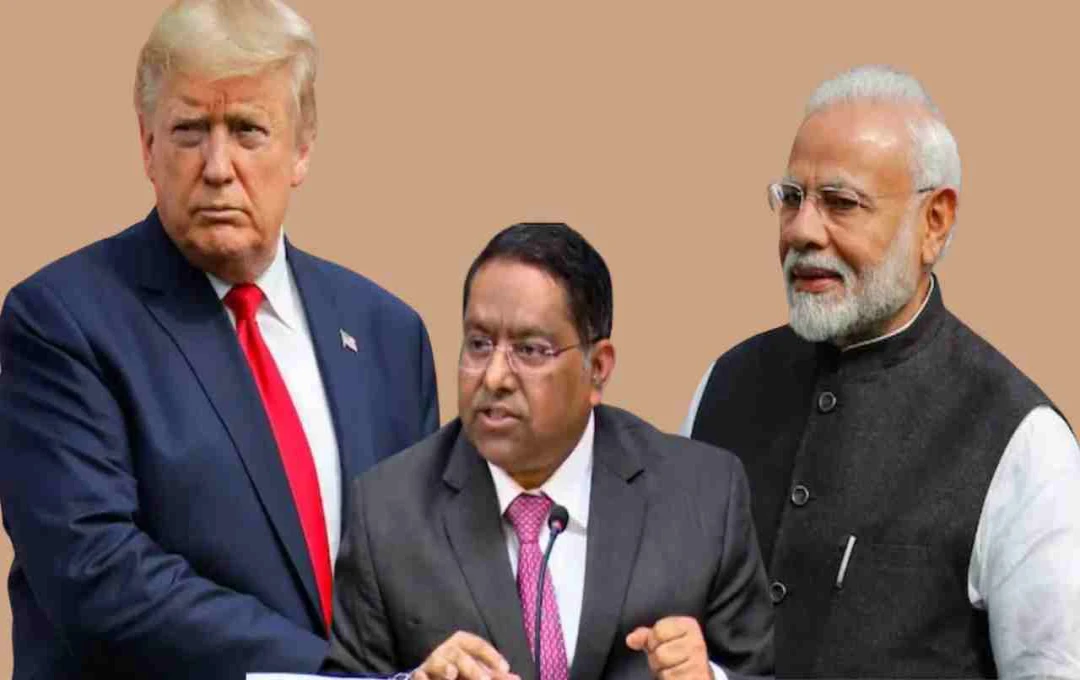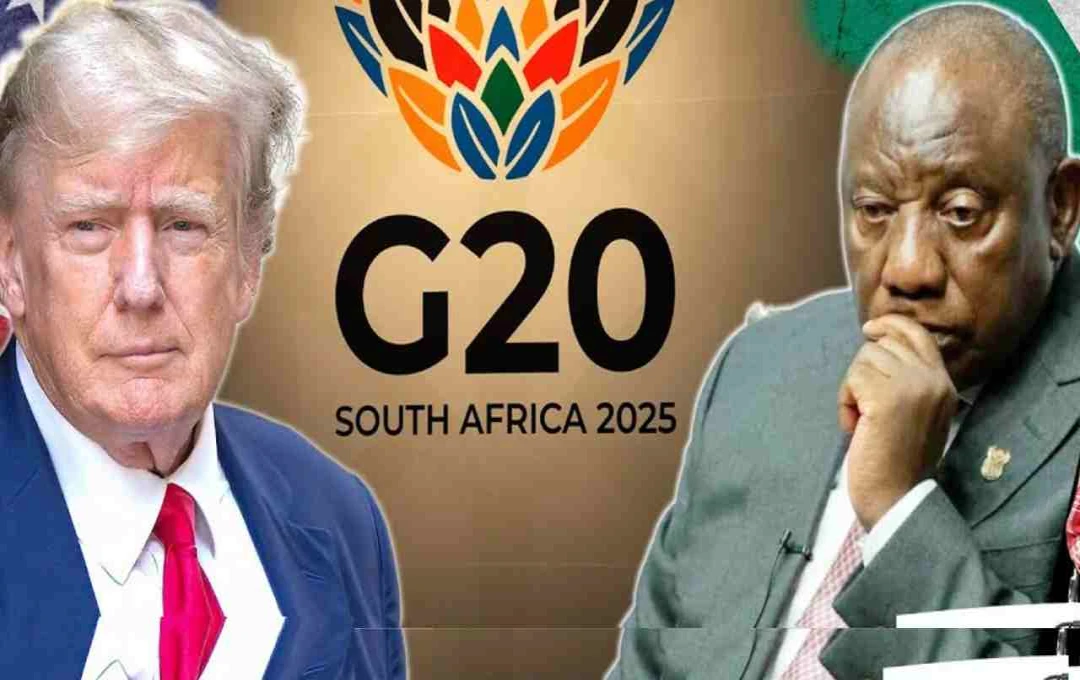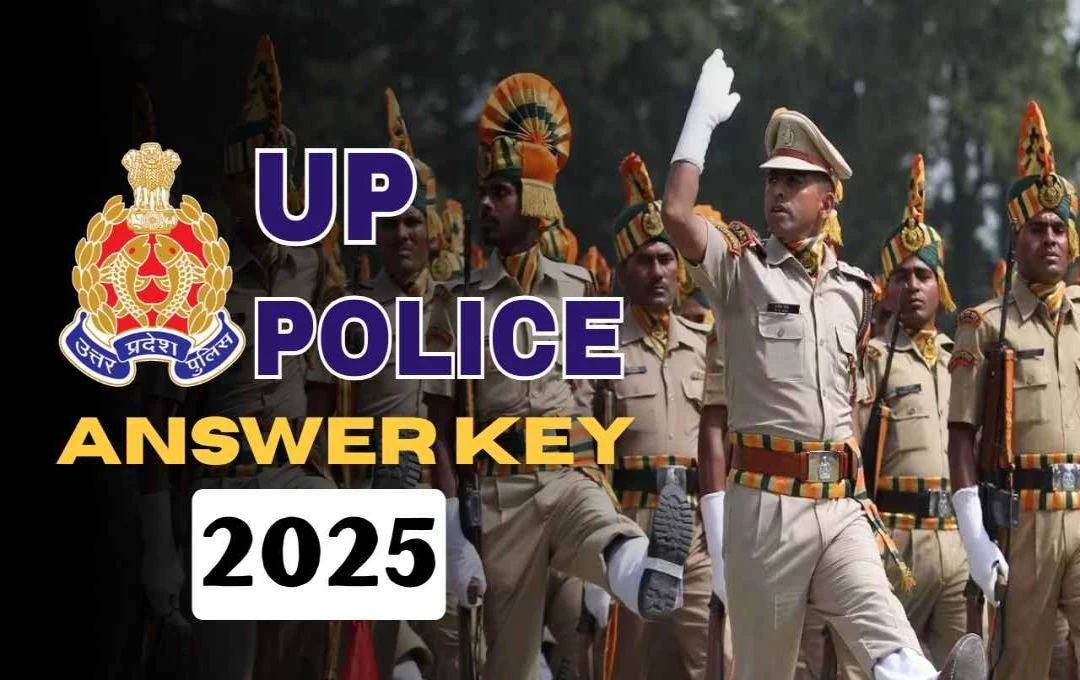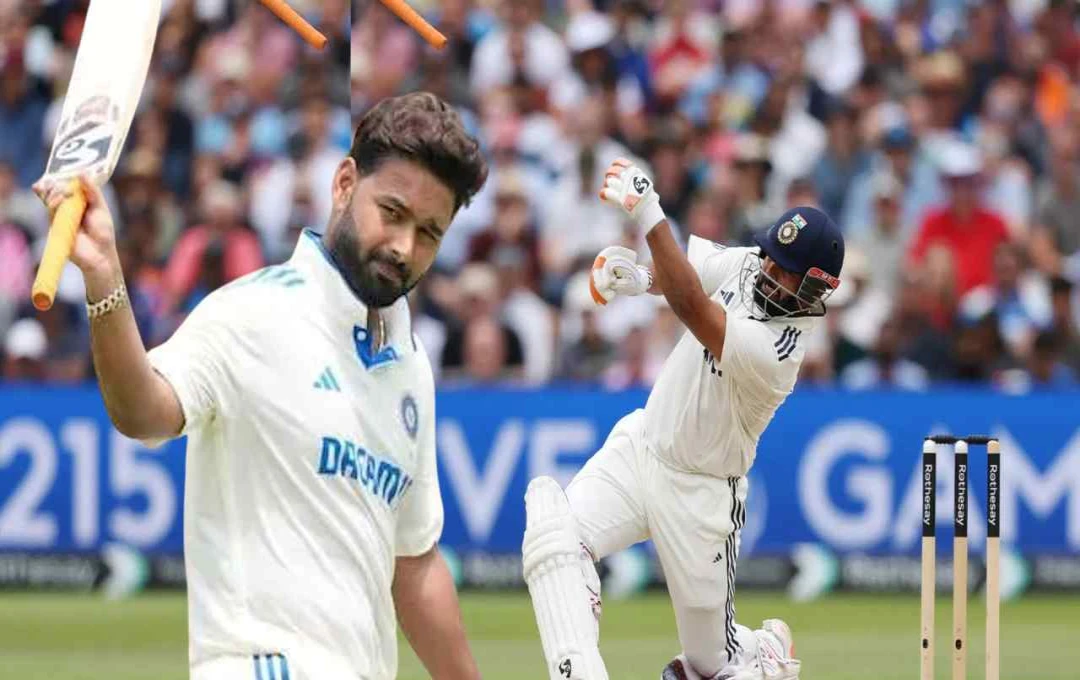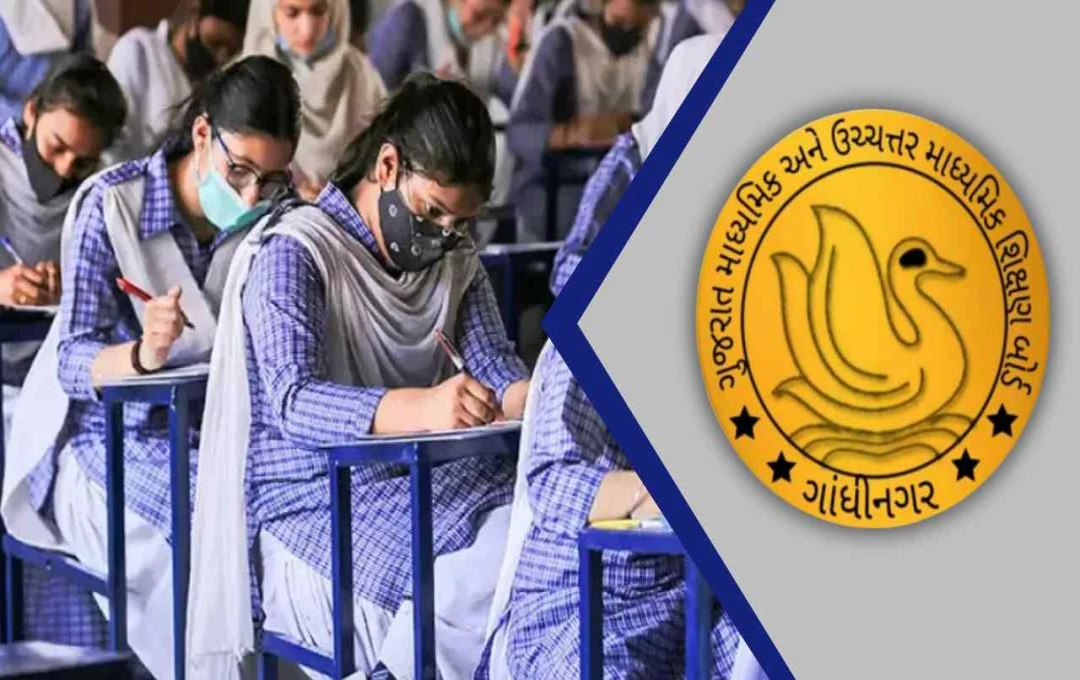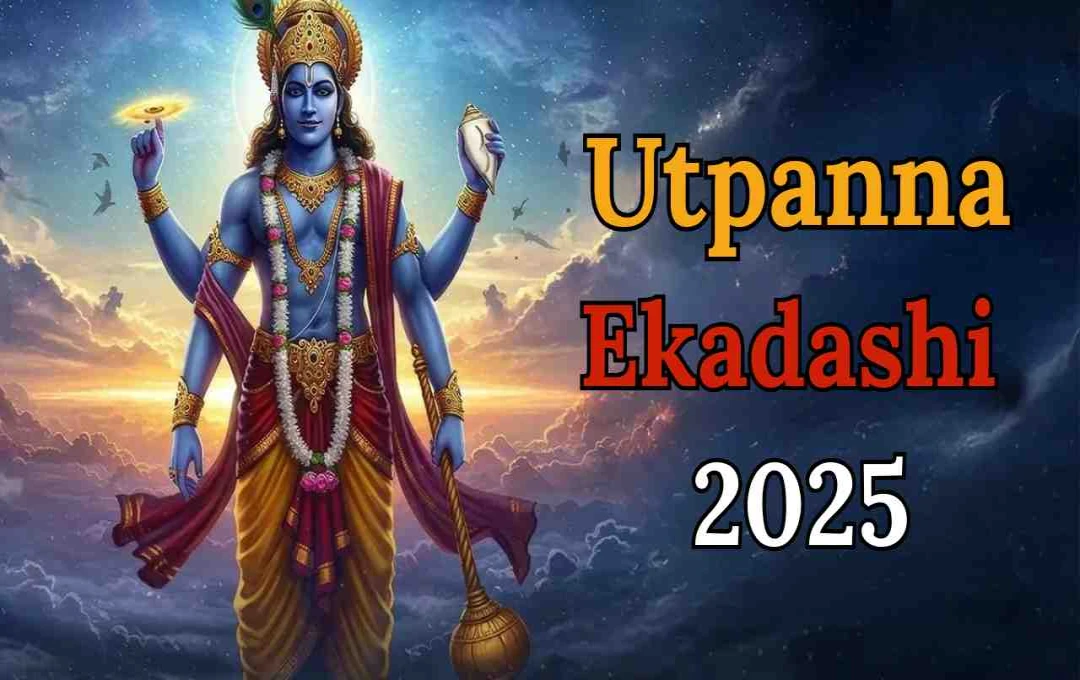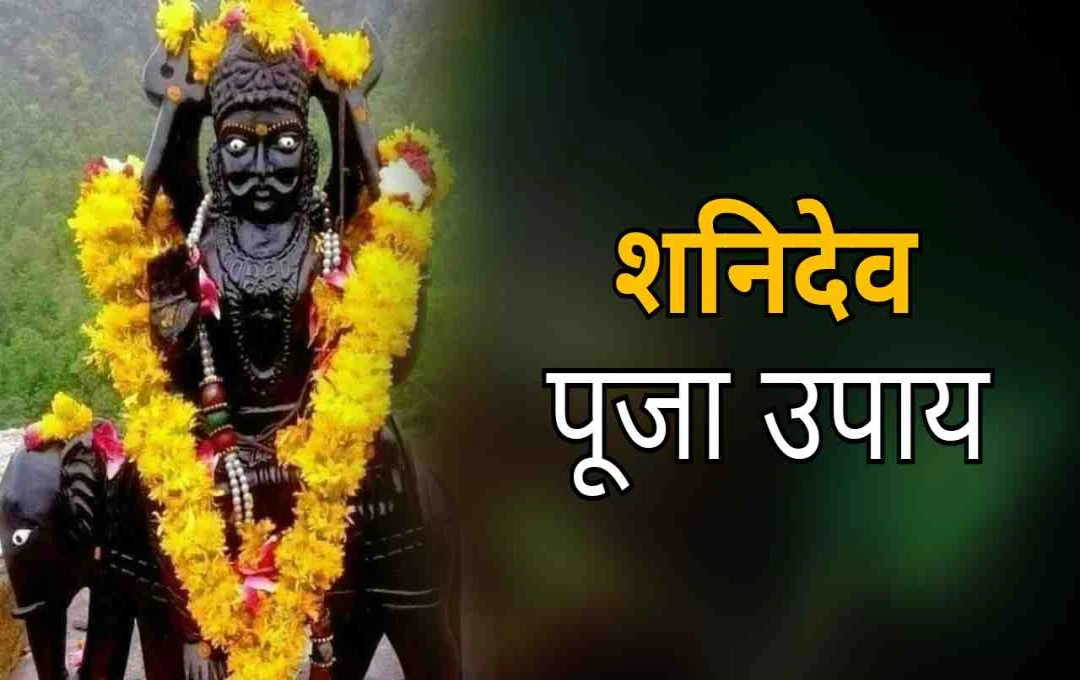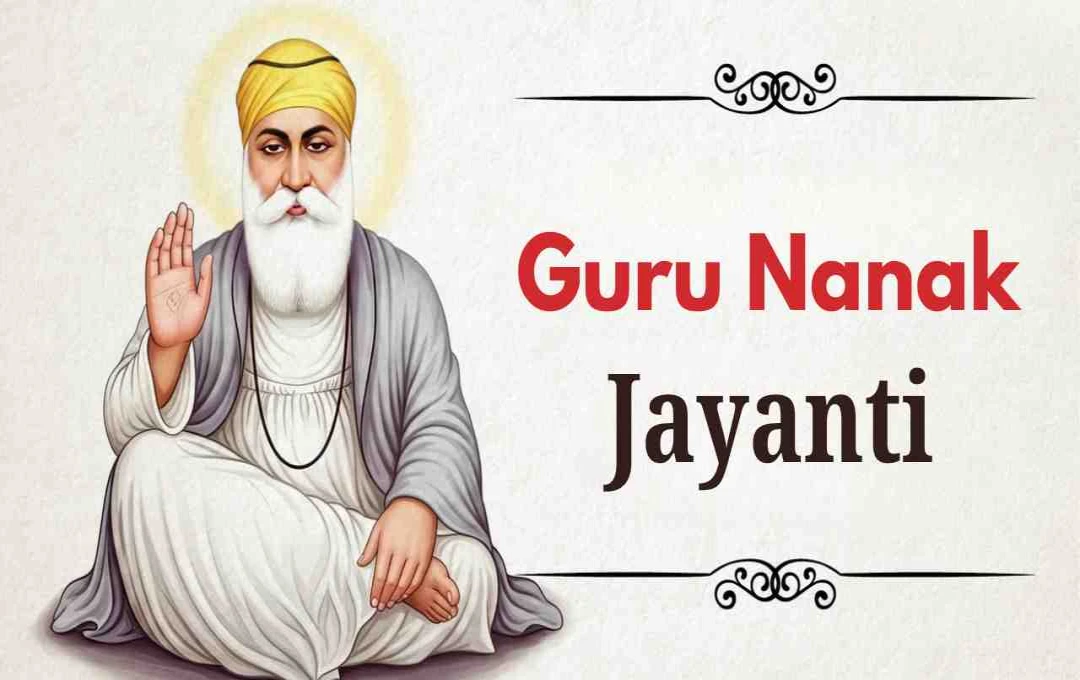JP Nadda stated in the Rajya Sabha that the Pulwama attack was retaliated against in 11 days, and the April 22nd attack was avenged in 22 minutes. Terrorist attacks have decreased by 80% under the Modi government.
JP Nadda: Leader of the House in Rajya Sabha and Union Minister JP Nadda spoke in detail about the Modi government's strategy and achievements against terrorism. He said that terrorist attacks in the country have decreased by 80 percent since 2014. According to Nadda, during the UPA government's tenure from 2004 to 2014, many major cities in the country were targeted by terrorists. Several bomb blasts occurred in cities like Hyderabad, Mumbai, Delhi, Kolkata, Varanasi, and Bangalore.
But the situation changed after the formation of the government at the Centre under the leadership of Prime Minister Narendra Modi in 2014. He said that now, except for Jammu and Kashmir, there have been no terrorist attacks in any other part of the country. Nadda attributed this to b political will and a solid strategy.
Response to the Uri Attack: The 2016 Surgical Strike
JP Nadda said that 19 soldiers were martyred in the terrorist attack in Uri in 2016. After this attack, Prime Minister Narendra Modi gave a clear message from Kozhikode, Kerala, that the attackers would not be spared. Following this, the Indian Army conducted a surgical strike on the night of September 28-29 on the launching pads of terrorists in Pakistan-occupied Kashmir.
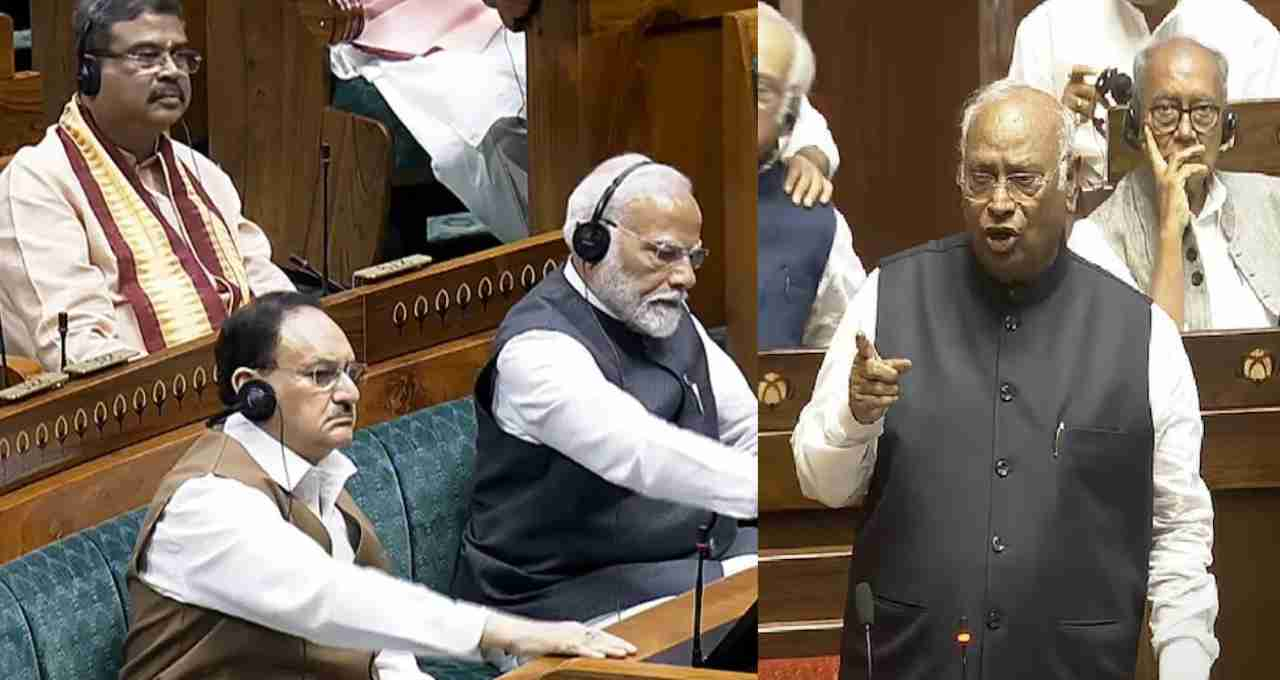
In this action, many terrorists were killed, and their hideouts were destroyed. According to Nadda, this was the first time that India responded to terrorists by crossing its border, and it is a symbol of the new India's thinking and capability.
Balakot Air Strike 11 Days After the Pulwama Attack
JP Nadda further said in the Rajya Sabha that after the martyrdom of 40 CRPF soldiers in Pulwama in February 2019, Prime Minister Modi had promised the countrymen that it would be answered. Within 11 days, the Indian Air Force carried out an air strike on the terrorist camp located in Balakot, Pakistan, and completely destroyed it.
In this operation, the army entered about 70 kilometers inside the border of Pakistan and took action. In this way, the Pulwama attack was answered decisively and swiftly, which reflects India's new security policy.
Response to the April 22nd Attack: Strike in 22 Minutes
Nadda said that the terrorist attack in Pahalgam, Jammu and Kashmir, on April 22nd was also avenged in record time. He said that Prime Minister Modi was at a Panchayati Raj program in Madhubani at that time, where he condemned the attack and said that the terrorists would receive a punishment beyond their imagination.
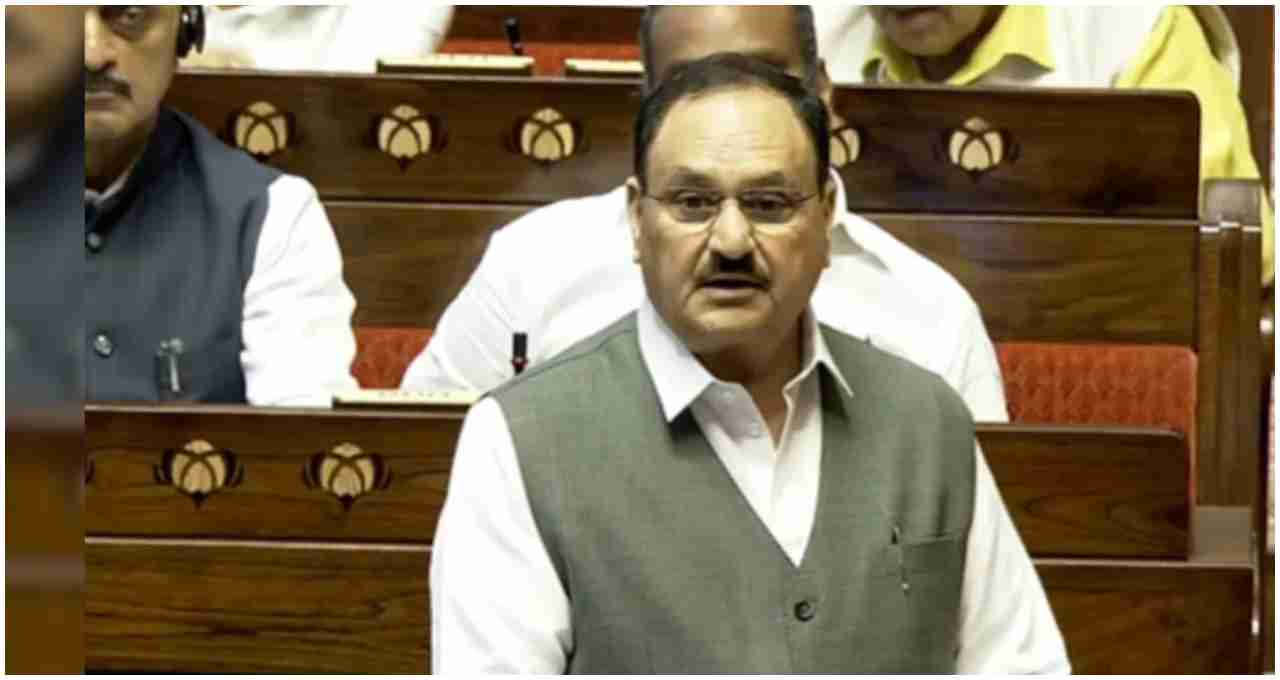
After this, under Operation Sindoor, the Indian Army entered Pakistan within 13 days and responded in 22 minutes. In this attack, many hideouts of Jaish, Lashkar, and Hizbul Mujahideen were destroyed. This was the first time that such a quick retaliatory action was taken.
Pakistan's Retaliatory Attack and the Strength of the Indian Army
Nadda said that after the Indian action, Pakistan sent about 1000 missiles and drones towards India, but due to the vigilance and strength of the Indian Army, not a single civilian was harmed. He said that in response, India targeted 11 airbases of Pakistan and completely disabled them.
The condition of these locations is now so bad that they are closed. This is an example of the Indian Army's strategy and courage.
Targeting the UPA Government: 'They Used to Feed Biryani'
JP Nadda launched a scathing attack on the Congress and UPA government, saying that despite the Jaipur bomb blasts in 2008, the government at that time remained engaged in efforts to restore confidence with Pakistan.
He said that when India was being fired upon, the UPA government was trying to promote trade and tourism with Pakistan. No decisive action was taken on the terrorist attacks in Delhi in 2005, Varanasi in 2006, and Mumbai.
